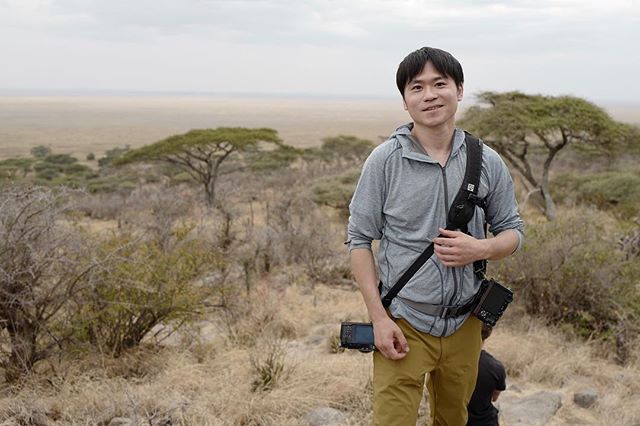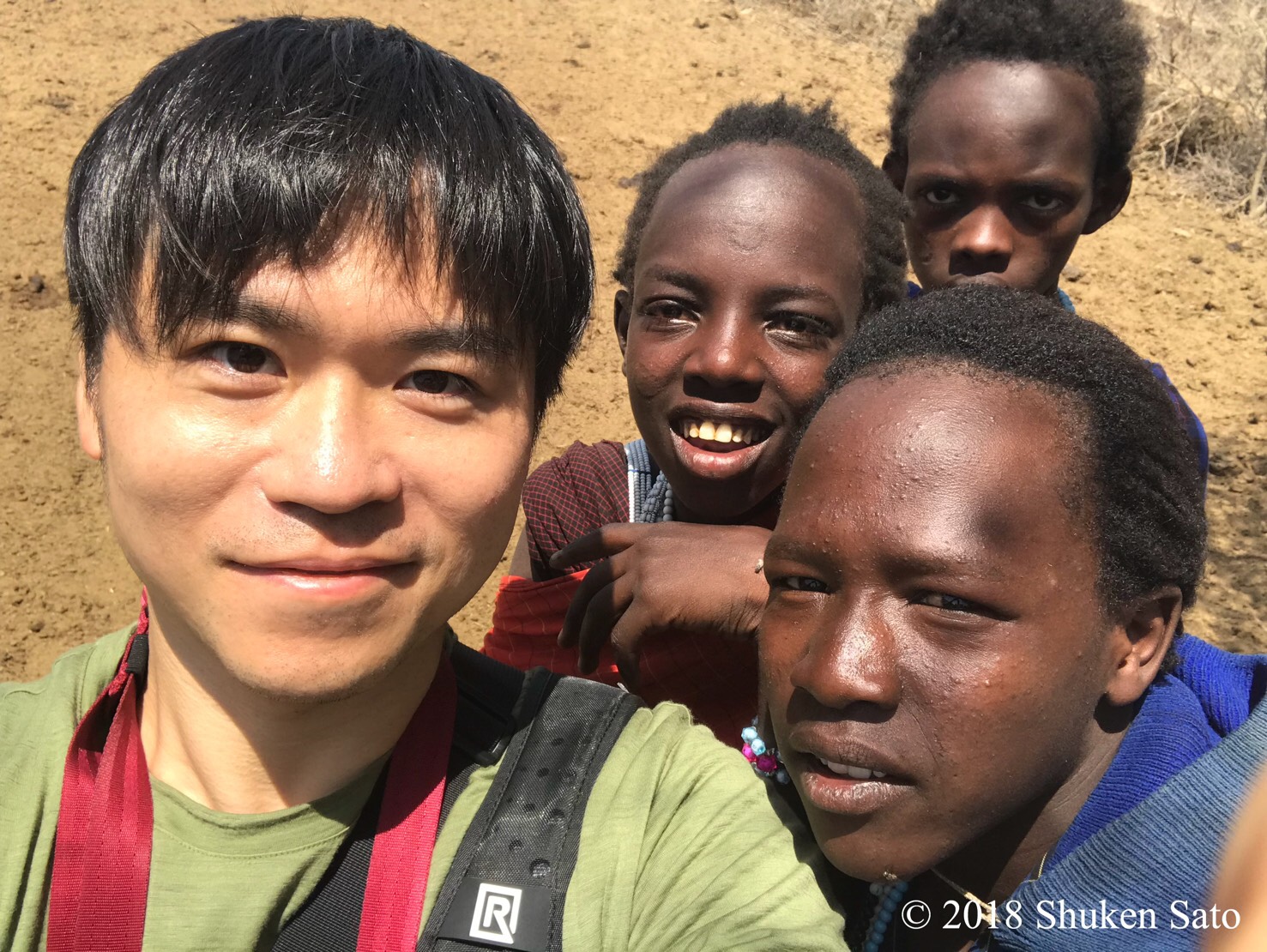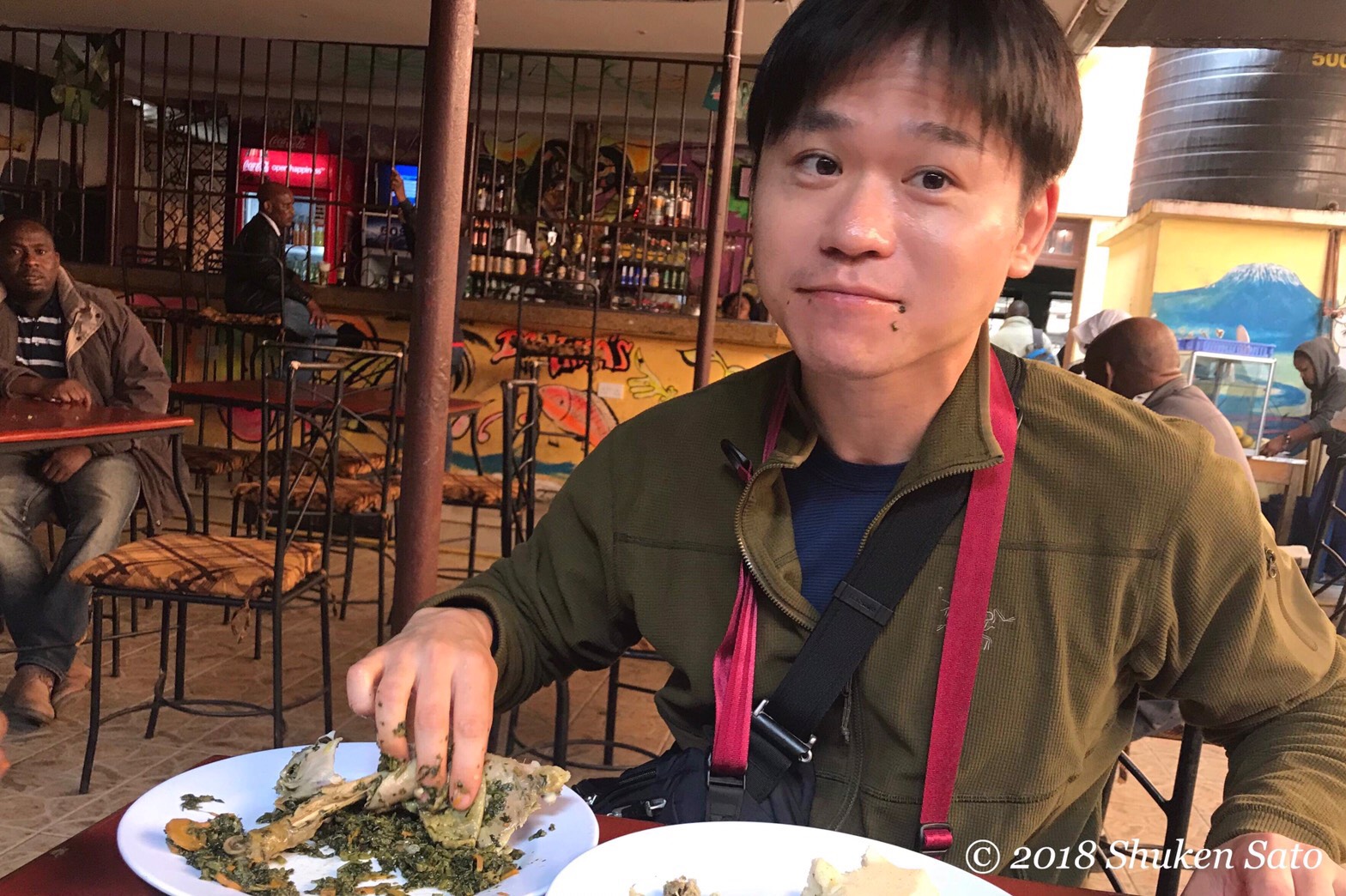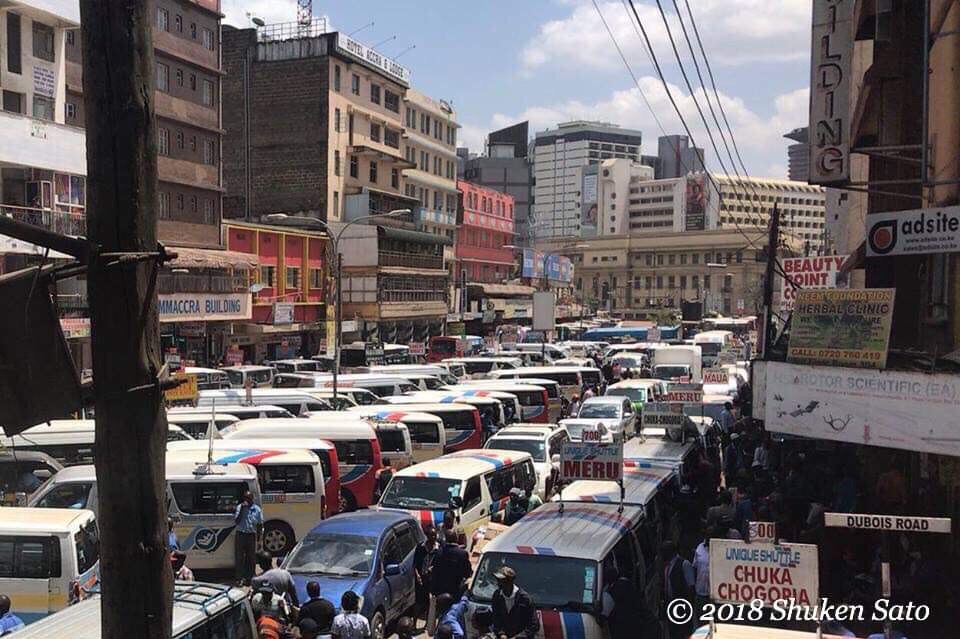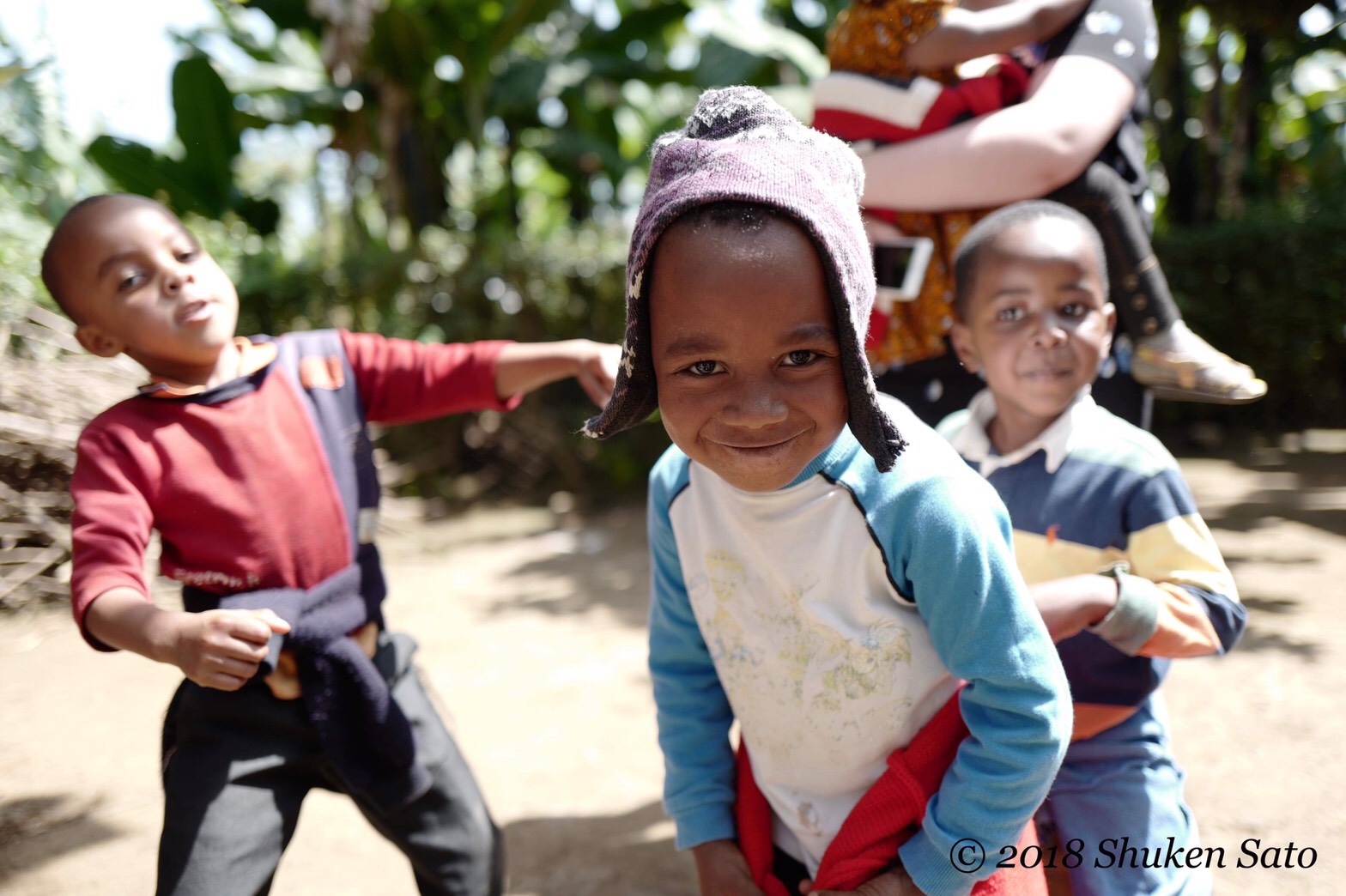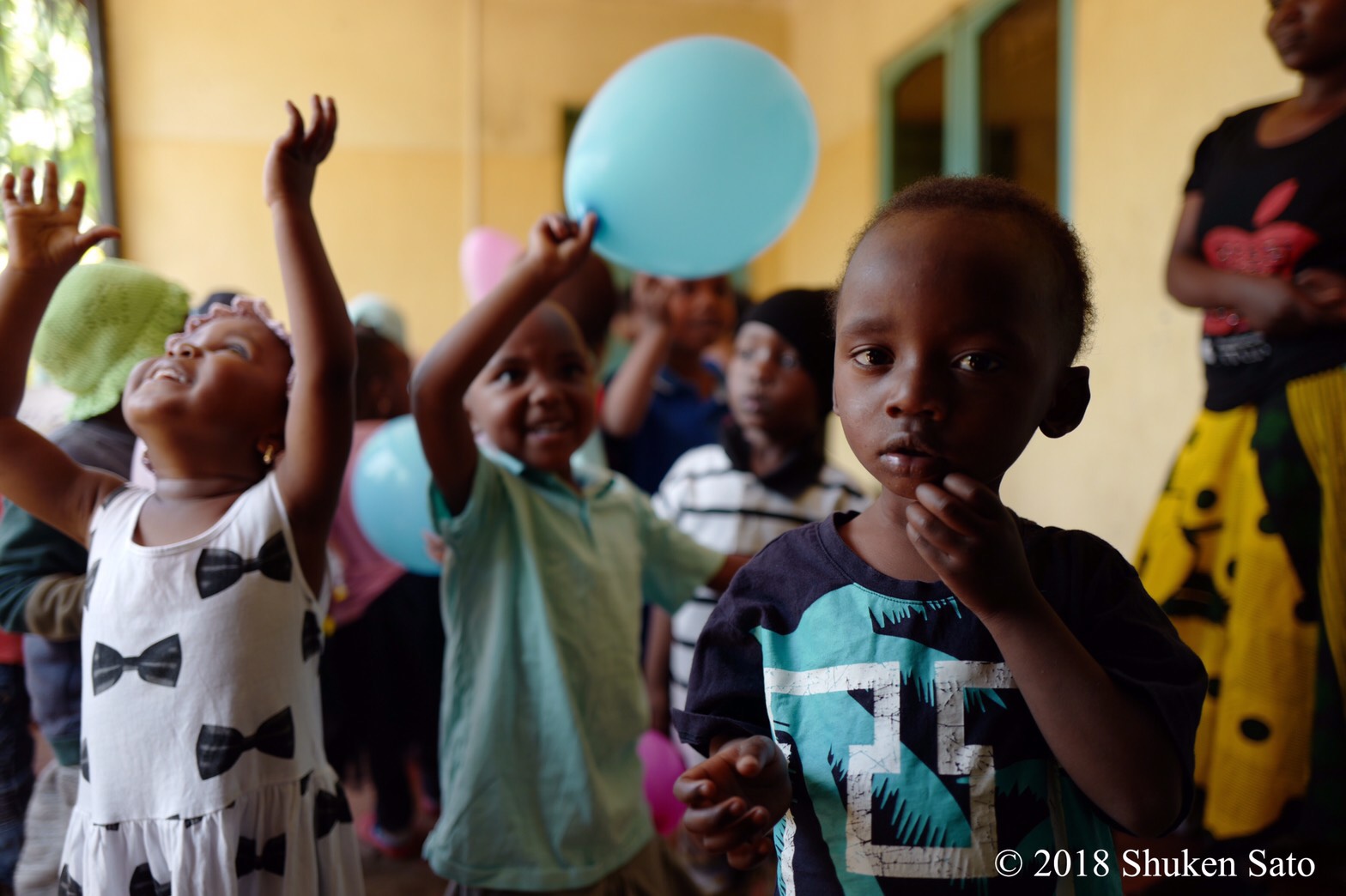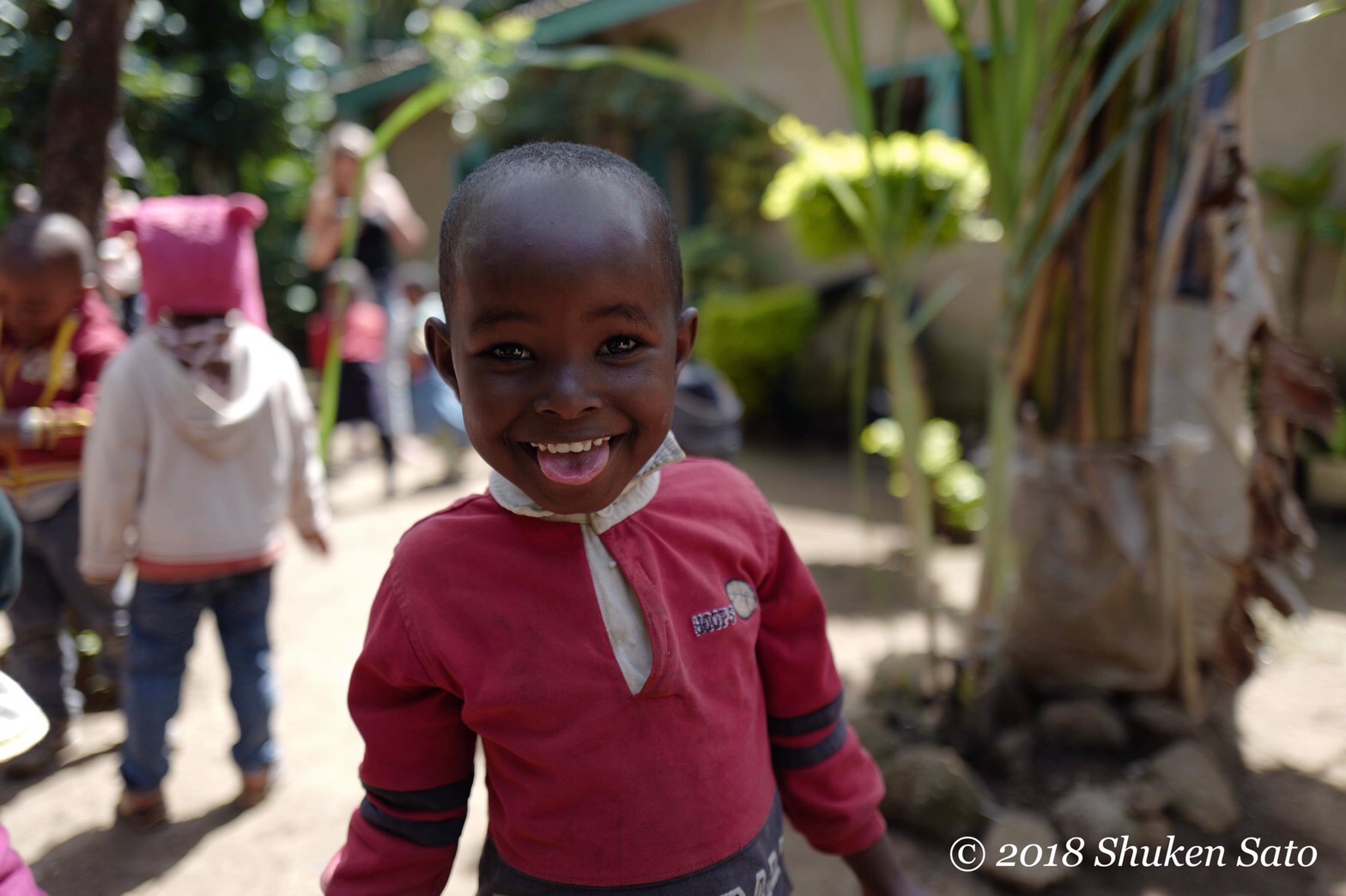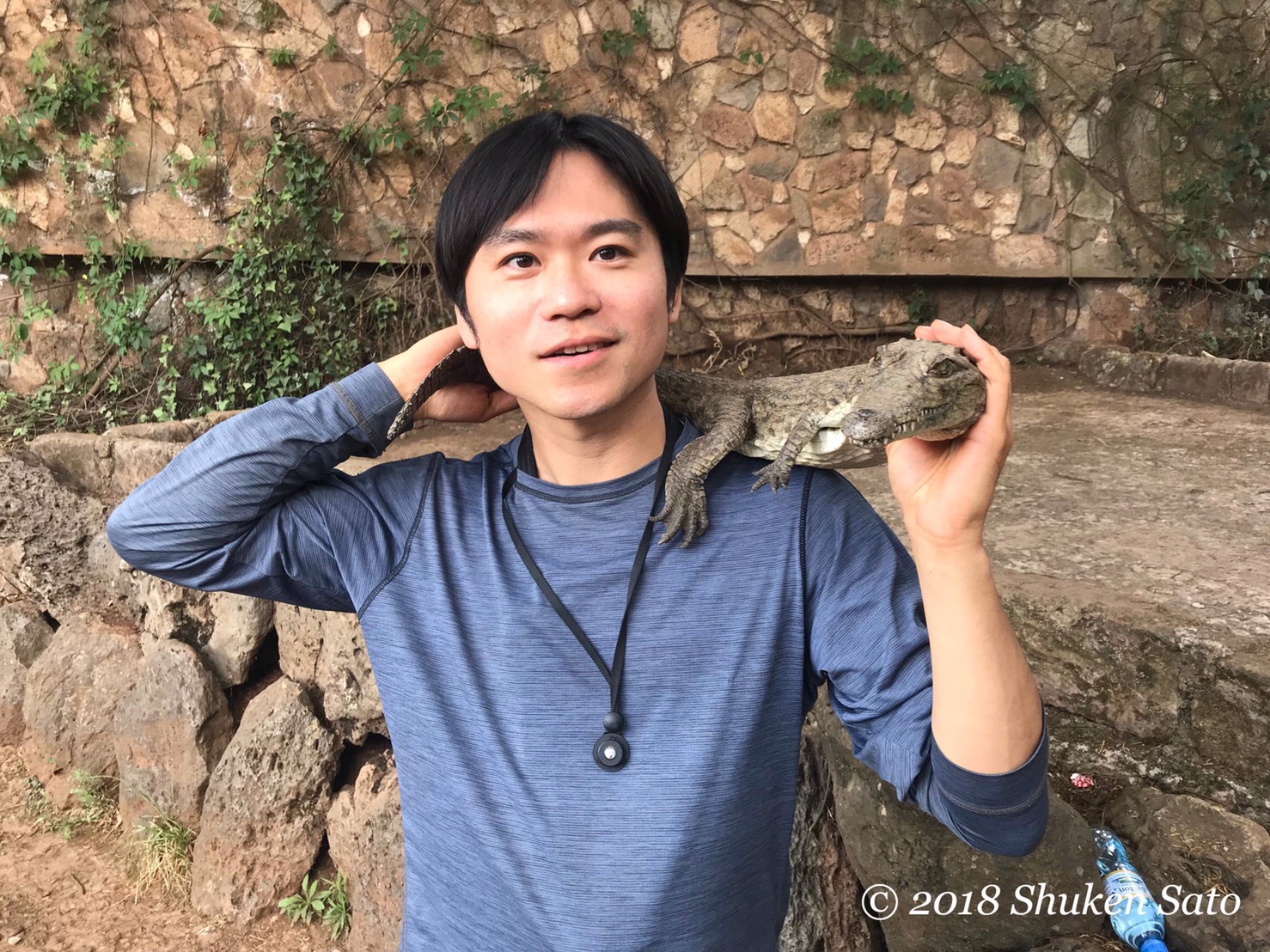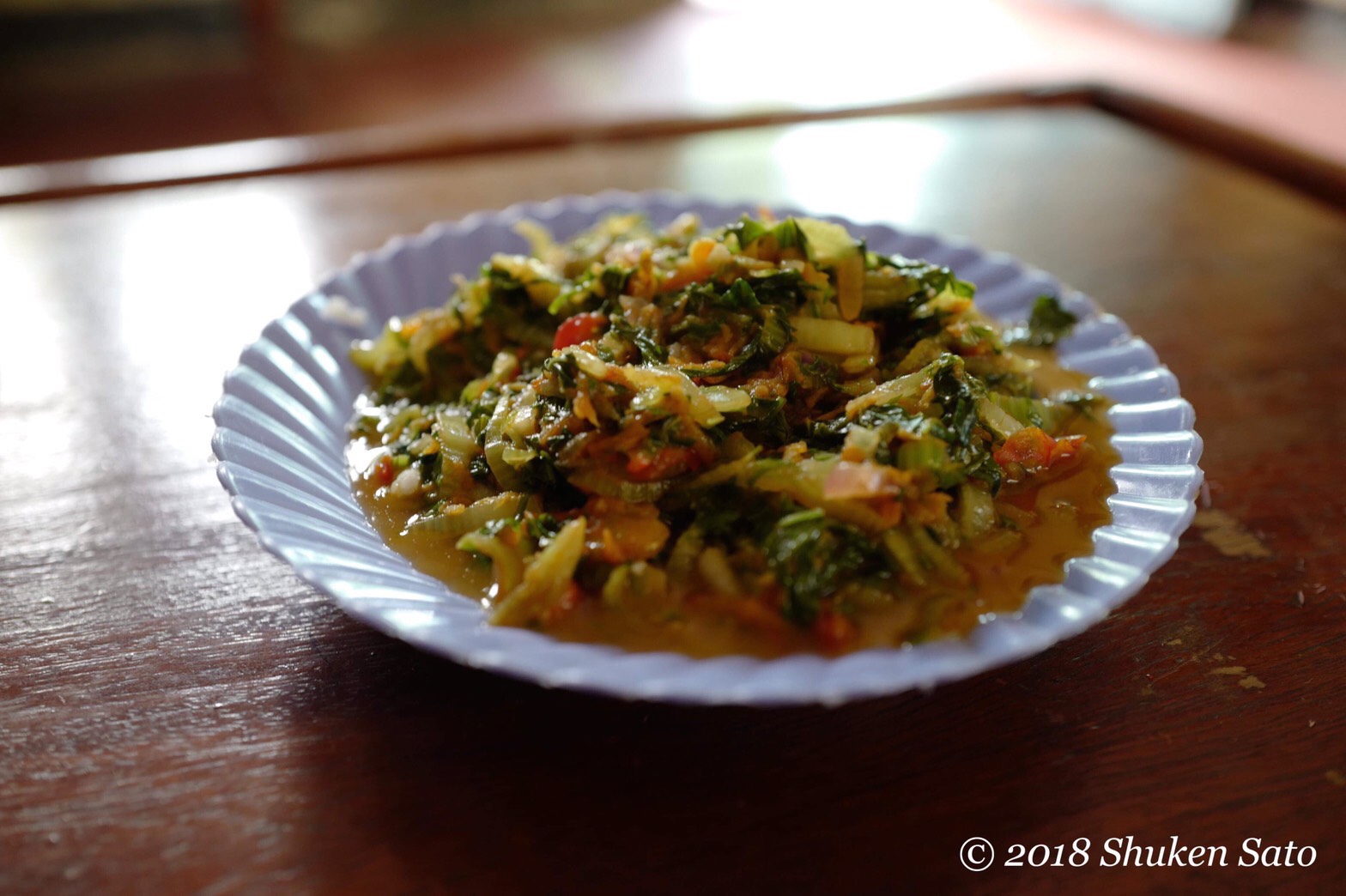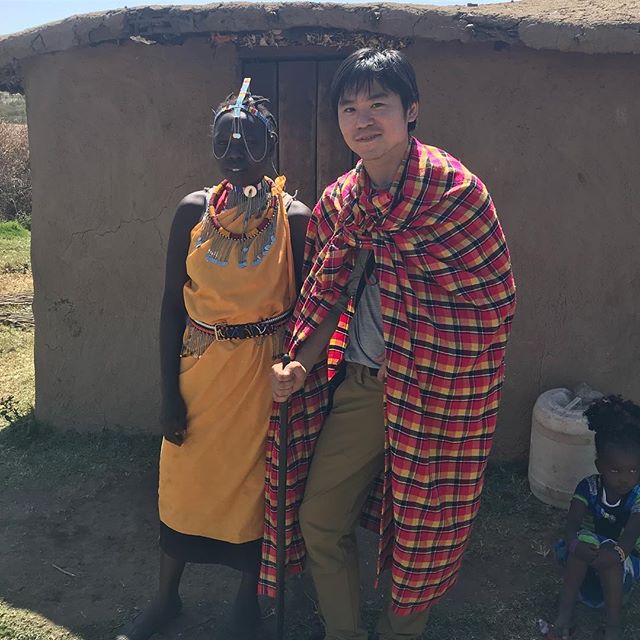Breaking African Stereotypes- It’s More Than Poverty, War, & Starvation: Shuken Sato
571 Views
Volunteering in an unknown country, living in an unfamiliar (and at times uncomfortable) surroundings can have a profound impact on our lives. Culture shocks, different language, different living style, different development indices – we get exposed to a lot of diverse experiences when volunteering abroad and some of those experiences are positive and some aren’t very positive. Read on to read about the thoughts, experiences, and perspectives of our Japanese volunteer Shuken, who is also a professional photographer.
Having volunteered in Kenya (and also Tanzania) in order to understand and explore Africa, Shuken shared is pearls of wisdom and experiences with us.
Why did you choose to volunteer in Kenya?
“I wasn’t sure if what Japanese media reported about Africa was all fair. I wanted to particularly visit an urban area of Africa, to see if it’s actually developed or not. I wanted to break my existing image of Africa. I wanted to know if it’s actually all about war, poverty, and starvation.
Nairobi is safer than I was expected. Nairobi is urbanized. Sightseeing spots are safely systemized and organized so that tourists can enjoy it, such as the Giraffe center, elephant orphanage, safari and Maasai tour, etc. Foreigners who imagined chaotic and wild Africa might be surprised for being urbanized.”
What kind of culture shock did you face in Kenya?
Traveling in Kenya as A Japanese
“Although I am a Japanese, it is misunderstood by Kenyan that I am always a Chinese.
Although Chinese and Japanese differ greatly in character and appearance, for Kenyan people, I think it is difficult to distinguish the differences.”
Transport :
“I sometimes ride more than 20 people on a bus which about 12 people can be raided. Japan does the same thing on the train instead of the bus. Tokyo’s morning commuting rush is similar to the Nairobi bus. I was surprised that there was no signal and crosswalk.”
Visibility Of Beggars
“In Japan, homeless people don’t want to show up in public, but the homeless of Nairobi is dignified. Japanese are being trained to behave according to their position because there is an invisible organized caste system in Japanese society.”
Marriage
“While walking in the city, I sometimes meet men who want to marry my sister. They have never met my sister. Besides, I do not have any sister. That is, in Nairobi I often met men who love jokes.”
How was your experience with children?
Having a special soft spot corner for children, Shuken worked with children in a Kenyan orphanage with VolSol and shared some of his profound thoughts with us :
“Children sometimes teaches many things about human nature because they are honest. Children are natural and not artificial. I believe that I can find new perspectives and broaden the range of my photographic expression by experiencing orphanage.” He added: “Child is a microcosm of society.”
Comparing the lives and times of Kenya and Japan and drawing contrasts between how urbanized both countries, Shuken said:
“Children is Tokyo is highly urbanized. Children living in urbanized places are not children because children are not affirmed as children in a highly systematized society. Childlikeness is no economic productivity. So,
Children are required to behave like adults.
So, my theme in this program in Volunteering Solutions is to observe the children in Nairobi. Nairobi is a big city. But it is not urbanized as much as Tokyo. Therefore, I thought it was a big key to understand the influence of society on children by comparing children in two cities: Tokyo and Nairobi. Nairobi is actually urbanized, But, children in the orphanage is more childlike than children in Tokyo.”
Describe the 5 best memories you took home with yourself
1. Smile
“Looking at the photos of half a century ago, Japanese children seemed like kids in Kenya now. In what ways were they similar? Japanese children also had a childlike nature. Japanese society has become very systemized. So children in Tokyo are busy designing their future and slowly losing their innocence. Kenyan children, even today, have the childlike innocence. I’m happy to meet their smiles. I photographed it.
Society goes towards controlling time and space the more society is systemized. It is not allowed to be natural for children in the urbanized area. That ‘s why Tokyo’ s children are losing their childlike nature.”
2. Straight Hair
“Straight hair is rare in Kenya. The kids touched my hair a lot in the orphanage. I was questioned, “Why you have straight hair?” I also do not know why I have straight hair.”
3. Go to Japan
“When I was walking in the city, I was often asked, I say “Hi my brother, take me to Japan!” It’s their joke. I communicate with some of them on Facebook now.”
4. Language
“When I use the Swahili and tribal language they are very pleased. I learned a lot of tribal greetings and words. If you talk with tribal words, they may give you coffee or food.”
5. Impact of Africa
“I took many photographs of my impression. I have experienced a variety of things including culture shocks. For example, the tribe of Kenya is very emotional. We Japanese have made a virtue out of emotional suppression.”
Coming from Japan, where volunteering hasn’t caught on, as Shuken admits, has been a memorable experience for him. Critical of the highly systematized workings of the developed countries, Shuken loved the slow, organic and emotional pace of Kenya and encourages his fellow Japanese and other people around the globe to come out and volunteer to experience what he did.
Evidently, a transformative journey for Shuken, if this has managed to inspire you, let us know in the comments how where you’d want to travel and share your experiences with us.

